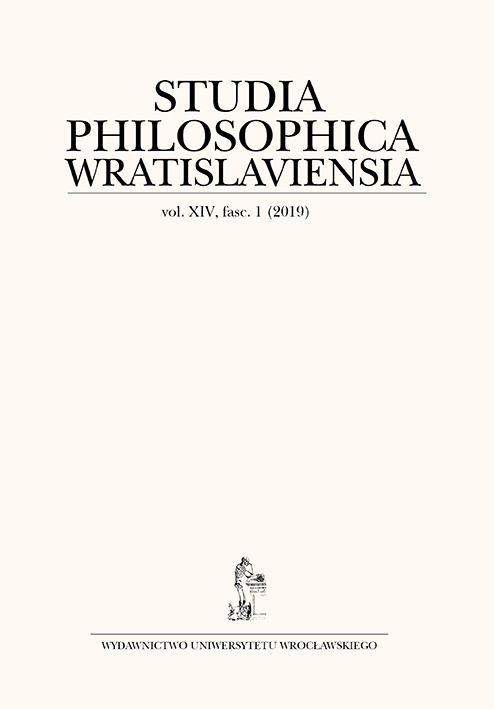

ANCIENT PHILOSOPHY

The present paper attempts to explain Socrates’ remark in Symposium 212b, where the expression “diapherontos askein” is used to describe Socrates’ attitude towards erotic matters [ta erotika]. The analysis of the dialogue shows that a human being with a reliable power of Eros and knowledge about the proper way of life should strengthen their character virtues through self-restraint and justice. This power is a natural component of every person, and the knowledge about life can be obtained both from the Symposium itself and from the speech of Diotima. Furthermore, in the apology delivered by Alcibiades as well as in the Apology and Phaedo, Socrates is presented to the reader as the perfect moral ideal that serves as a criterion for leading a proper life. While the two aforementioned elements provide a suf ficient condition for being a philosopher, they do not guarantee access to transcendent reality. If this access is to be attained at all, it is only through hard work on the moral and intellectual aspect of being human.